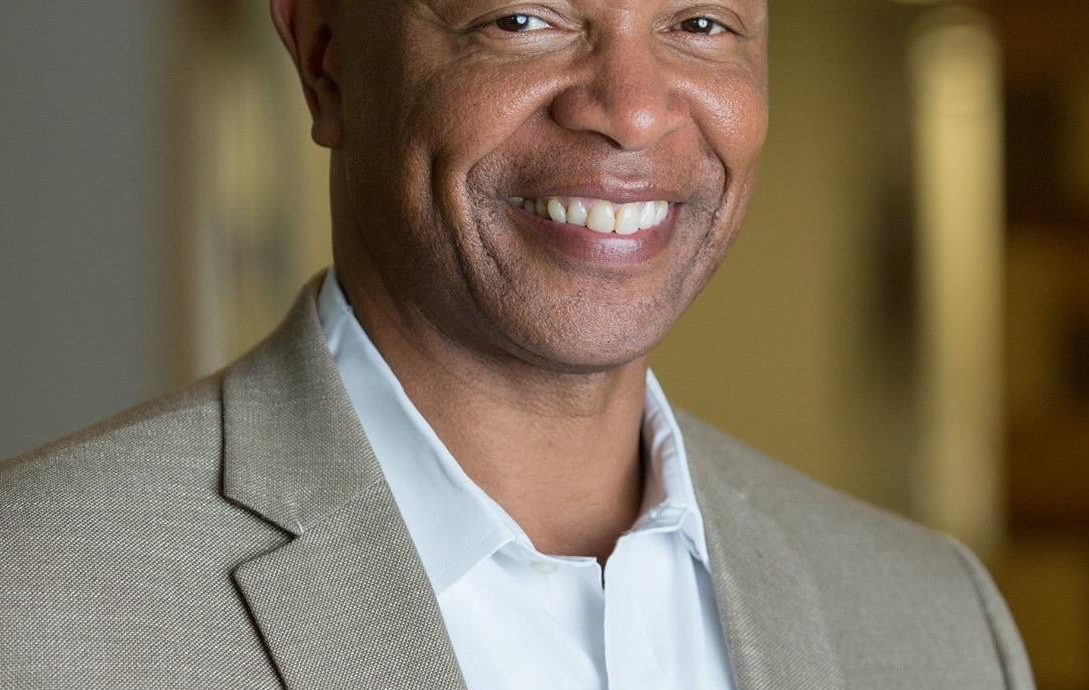Arlington, Va. (January 27, 2013) – Global nonprofit Counterpart International today celebrates 48 years of community-led development that has transformed the lives and livelihoods of people in more than 65 countries. www.Counterpart.org
“Throughout its history, Counterpart has forged partnerships that build inclusive, sustainable communities,” says Board Chairman Jeffrey T. LaRiche, President & CEO at CASTLE Worldwide in Morrisville, N.C. “It gives me great confidence in future achievements for Counterpart and the people it serves.”
Since its founding, Counterpart has worked in more than 65 countries and engaged in excess of 10,000 communities. Today, Counterpart has ongoing projects in 23 countries, including Afghanistan, Bangladesh, Senegal, Honduras and Azerbaijan.
Tackling food security and nutrition, economic development, and effective governance and institutions, Counterpart works closely with communities to identify local resources and use them to affect demand-driven change. www.Counterpart.org
“Counterpart brings communities together to prioritize their needs and use their own assets to change their futures,” says President and CEO Joan Parker. “We act as a catalyst, bringing in the resources, expertise and strategic planning to make those goals a reality.”
This approach was at the core of the global nonprofit from its start.
In 1965, iconic Australian movie star Betty Silverstein (née Bryant) saw the huge unmet needs in the South Pacific. With her husband and Metro-Goldwyn-Mayer president Maurice, and Marist priest Stan Hosie, she created an organization to help them.
Founded as the Foundation for the Peoples of the South Pacific, the organization worked with nascent civil society organizations to tackle issues of water, health, housing, and livelihoods.
The partnership between a priest and a movie star was unconventional enough, but it was the Foundation’s approach to international development that contemporaries deemed revolutionary.
The young FSP’s “first guiding principle”—help local communities build the infrastructure that enables them to resolve their own problems—was radical in its time.
That tenet continued to guide the organization when the U.S. government invited it in 1992 to apply its proven community-driven approach to the former Soviet Union.
The expansion prompted the name change to Counterpart International, a name Hosie says still reflects its ongoing mission to empower people, communities and institutions to drive and sustain their own development. www.Counterpart.org
“We opted for a name that expressed what we stood for,” wrote Hosie in his 2010 book “The House that Betty Built” (Rudder Finn Press). “This, from our earliest beginnings, was ‘partnership.’ We were not an organization with a large staff that we sent into developing nations to run programs. We were an organization that went into developing nations to work with their leaders, with their grassroots communities and their embryonic, even virtual, civil societies.”
Parker attributes the continual growth of Counterpart to the enormous depth of expertise and dedication of its global staff—more than 95 percent of whom work in the countries or regions they are from.
Counterpart International (www.Counterpart.org) is based in Arlington, Va.
Counterpart International helps people build better lives and more durable futures, community by community. For 50 years, Counterpart has been an innovator, changing the way people look at, and solve, global development challenges. Today, we are working with more than 3,500 local organizations, and more than 150,000 leaders — including women and youth — in 24 countries around the world. Learn more atcounterpart17.wpengine.com.



